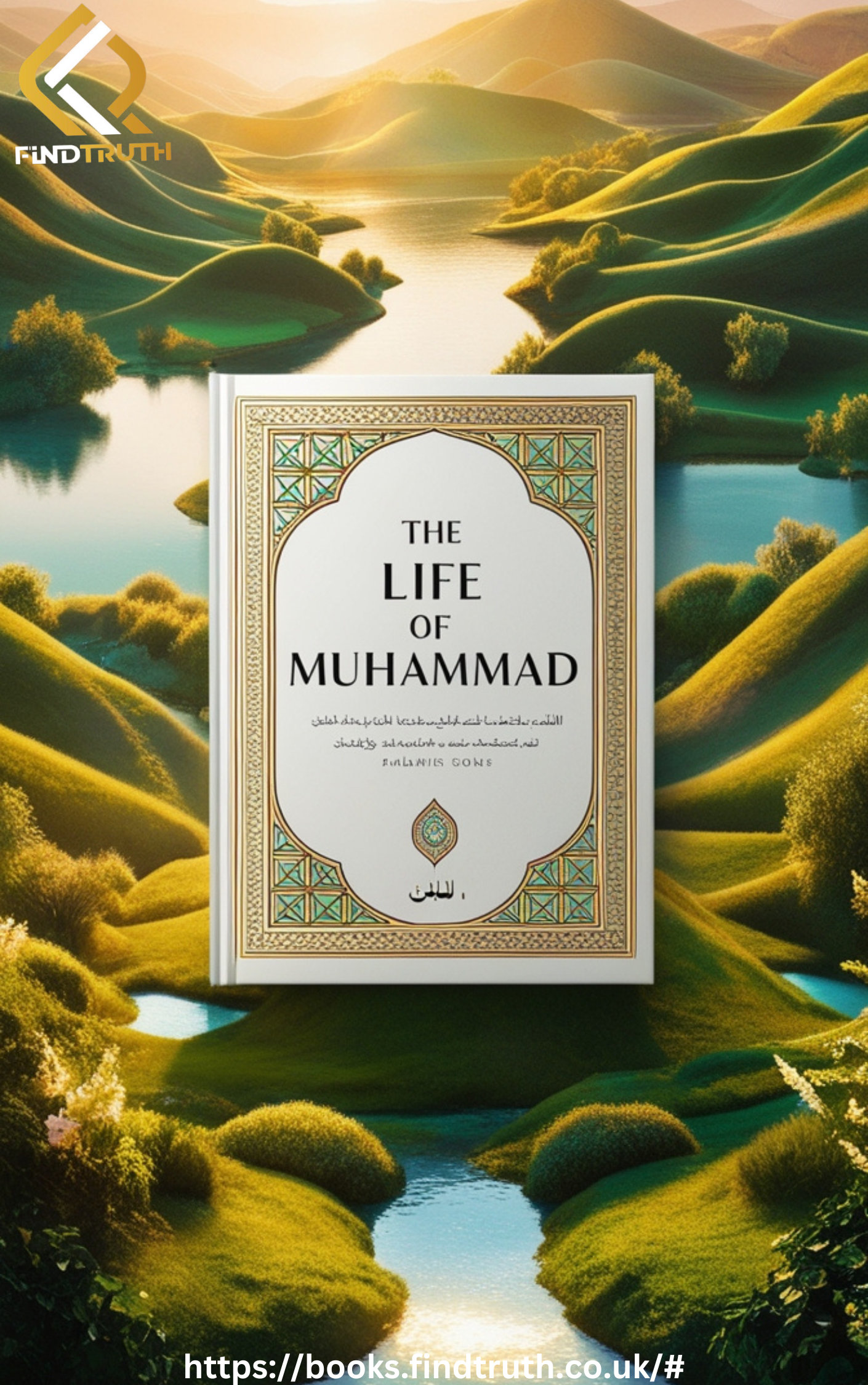Ayat Ut Tatheer To Whom Does The Purification Verse Refer To
Ayat Ut Tatheer: To Whom Does the Purification Verse Refer To? is an analytical study of the Quranic verse of purification (Ayah al-Tatheer), found in Surah Al-Ahzab (33:33). This verse is pivotal in understanding the concept of purity and sanctity within Islamic tradition, particularly regarding the Ahlul Bayt (the Prophet's family).
The book provides a thorough examination of the context and interpretation of Ayat Ut Tatheer, exploring various scholarly perspectives and historical narrations. It delves into how this verse is understood within different Islamic traditions, with a particular focus on its significance for the Shia community, where it is believed to refer specifically to the Prophet Muhammad (PBUH), his daughter Fatimah (A.S), and his immediate descendants, emphasizing their divine purity and spiritual elevation.
Through detailed exegesis, historical accounts, and theological analysis, the book clarifies the implications of this verse for understanding the status of the Ahlul Bayt and their role within the Islamic faith. It addresses key debates and interpretations, shedding light on how this verse underscores the importance of moral and spiritual purity in the Islamic worldview.











